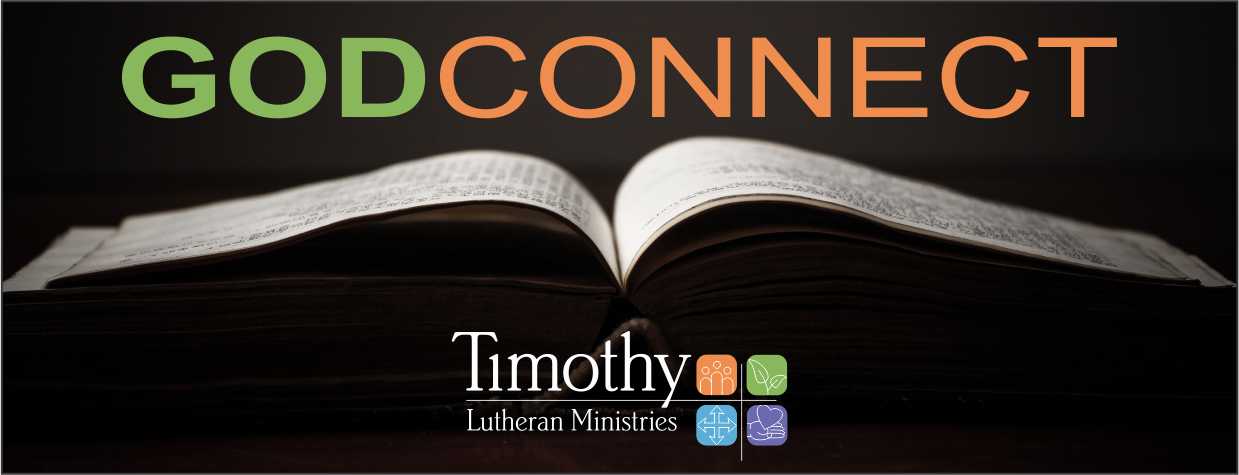Ecclesiastes 7:1-14 | A good name is better than fine perfume, and the day of death better than the day of birth. It is better to go to a house of mourning than to go to a house of feasting, for death is the destiny of everyone; the living should take this to heart. Frustration is better than laughter, because a sad face is good for the heart. The heart of the wise is in the house of mourning, but the heart of fools is in the house of pleasure. It is better to heed the rebuke of a wise person than to listen to the song of fools. Like the crackling of thorns under the pot, so is the laughter of fools. This too is meaningless. Extortion turns a wise person into a fool, and a bribe corrupts the heart. The end of a matter is better than its beginning, and patience is better than pride. Do not be quickly provoked in your spirit, for anger resides in the lap of fools. Do not say, “Why were the old days better than these?” For it is not wise to ask such questions. Wisdom, like an inheritance, is a good thing and benefits those who see the sun. Wisdom is a shelter as money is a shelter, but the advantage of knowledge is this: Wisdom preserves those who have it. Consider what God has done: Who can straighten what he has made crooked? When times are good, be happy; but when times are bad, consider this: God has made the one as well as the other. Therefore, no one can discover anything about their future.
During the Middle Ages, some monks kept a skull on their desks to remind them of their mortality and eventual death. The bony paperweight was a vivid reminder that life is fleeting and that they needed to keep their priorities in line.
While the monks’ practice of staring at skulls and keeping their deaths ever before them seems depressing, both the psalmist and the teacher connect the practice of considering the fleeting nature of life with gaining true wisdom (Ecclesiastes 7:4). The psalmist prayed, “Teach us to realize the brevity of life, so that we may grow in wisdom” (90:12). So does that mean we should be morbid and depressed all the time? No, the exact opposite!
The wisdom of remembering how little time we have on this earth enables us to love and cherish others and to be grateful for the moments we share with them (Ecclesiastes 7:2). Remembering our death can motivate us to celebrate life and to make good choices, to accept God’s plans and the things He allows to enter our lives (vv.13-14). Ideally, the practice of remembering the brevity of our lives will guide us in filtering out what’s important from what is not. It should drive us to Jesus and experiencing the abundant life He has provided to flow in and through us (John 10:10).
Have we been unwisely and perhaps ungratefully using our precious time on things that don’t really matter—that are “meaningless”? (Ecclesiastes 7:6). Instead, since we don’t know how many days we’ve been given, let’s ask ourselves, “What will we do with the life God has given us today?” For as James put into words, “[Our] life is like the morning fog—it’s here a little while, then it’s gone” (James 4:14). Now that’s perspective. —Marlena Graves
MORE: Read Deuteronomy 30:15-20 and consider what Moses said about life and death.
NEXT: What impact has the brevity of life been having on your priorities? How can thinking about death be good or bad?

